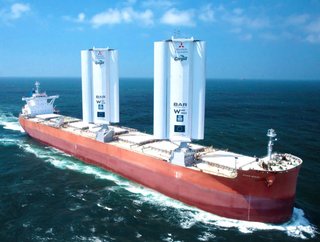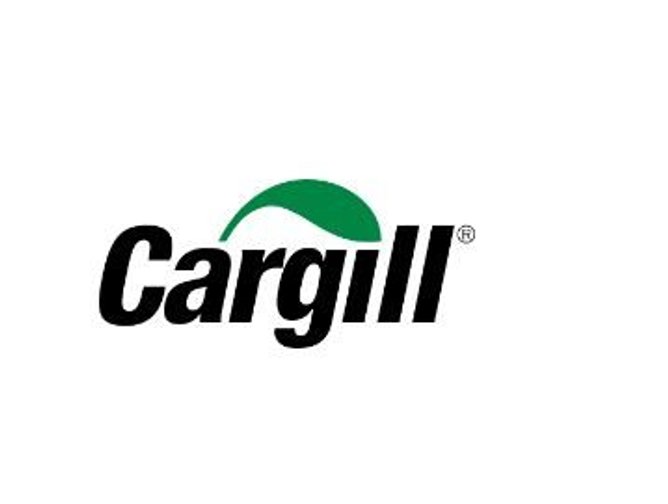How Food Firm Cargill has made Big Sustainability Strides

In a green leap forward, agricultural and food firm Cargill has bolstered its renewable energy with a significant surge of 42% in contracted capacity.
This upswing comes off the back of five new deals to supercharge its wind and solar projects. Generating 300MW, it is set to nearly double its existing capability to 716MW in offsite renewable energy. This move marks a bold step towards Cargill's goal of cutting its operational greenhouse gases by 10% by 2025, against a 2017 baseline.
"Feeding a growing global population in a sustainable manner anchors Cargill's climate initiatives," says Christina Yagjian, the firm's Global Renewable Energy Leader.
Cargill does not only focus on food; it's also working in energy risk management, renewable fuels and biodiesel.
Global reach: Cargill's eco-energy tapestry
Cargill's green energy tapestry is global, adorned with 15 projects running live across a dozen nations. This includes wind and solar PPAs (Power Purchase Agreements) and VPPAs (Virtual Power Purchase Agreements), alongside deals for renewable electricity and the companion renewable energy credits for set periods.
As these new deals spring to life this year, the outcome is a projected cut in Cargill's CO₂e emissions by close to 820,000 metric tonnes annually. This is equivalent to withdrawing nearly 200,000 petrol-driven cars from the roads for a year.
"Integrating renewable projects into our supply chain and operations is part of our sustainable practice weave," continued Christina. "While the bulk of our emissions reduction opportunity lies within global supply chains, cutting back on operational emissions is crucial in our voyage to decarbonise the food and agriculture sector, aligning with our and our customers' climate aspirations."

Spotlight on success stories
Cargill's renewables roadmap features:
- Together with Mars, Cargill forged VPPAs with Ocean Breeze Energy for Bard Offshore Wind Farm in Germany, promising 35MW of capacity and an estimated 712,000MWh of clean energy, cutting 442,000 metric tonnes of CO2e emissions
- In Italy, a solar project collaboration with Galileo Green Energy boasts 55MW of capacity, expected to generate 990,000MWh of electricity.
- The partnership with Vattenfall for the Netherlands' Windpark Hanze project brings 78MW to the table, targeting a CO2 cut of about 1.3 million metric tonnes over 10 years.
- A 130MW share from a Texas wind farm, courtesy of an agreement with Blue Cloud Wind Energy, forecasts a reduction of 2.9 million metric tonnes of CO2 over 15 years.
- In Brazil, Serena Energia and Cargill unite for a Bahia wind farm project, aimed at an annual 263,000MWh yield, reducing CO2 emissions by 409,000 metric tonnes across 12 years.
Beyond renewables: Cargill's sustainable frontiers
Cargill's green pursuits extend beyond direct energy projects. The company recently announced its contribution to Nestlé's agroforestry projects near cocoa farms, targeting carbon emission reductions in Nestlé’s supply chains.
Cargill also banded with industry giants like Bayer, Danone and PepsiCo as part of the World Economic Forum’s First Movers Coalition for Food. This initiative stands as one of the summit's most significant commitments to sustainable food and farming, leveraging collective buying power to foster the adoption of eco-friendly farming techniques and food sector innovation.
******
Make sure you check out the latest edition of Sustainability Magazine and also sign up to our global conference series - Sustainability LIVE 2024
******
Sustainability Magazine is a BizClik brand
******






